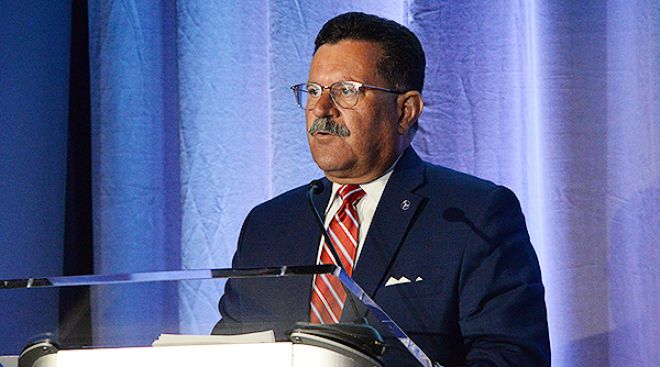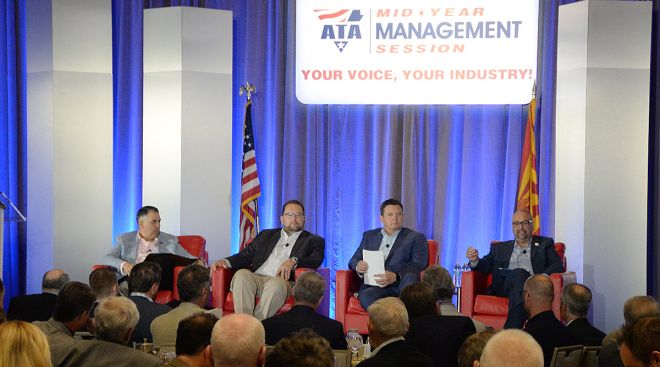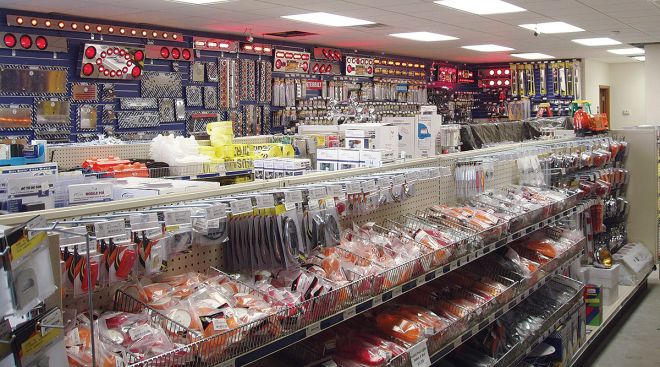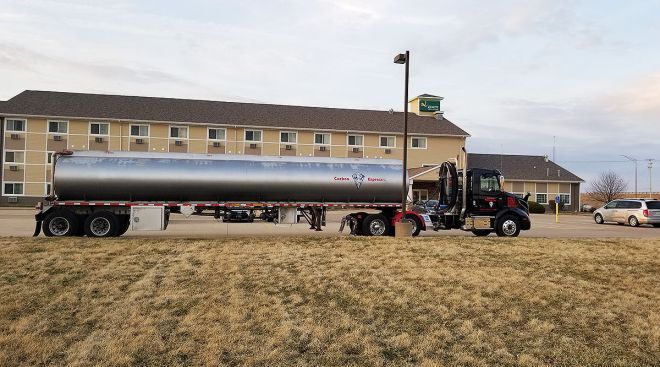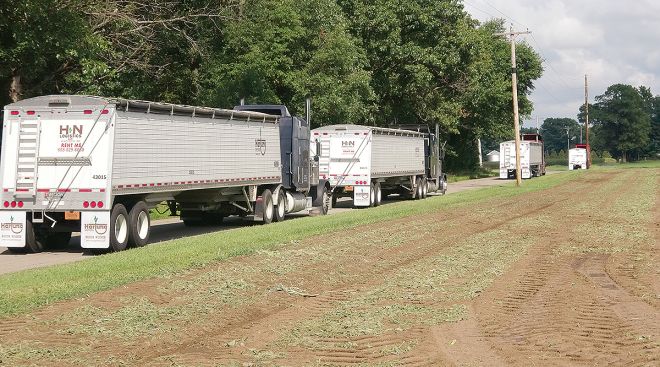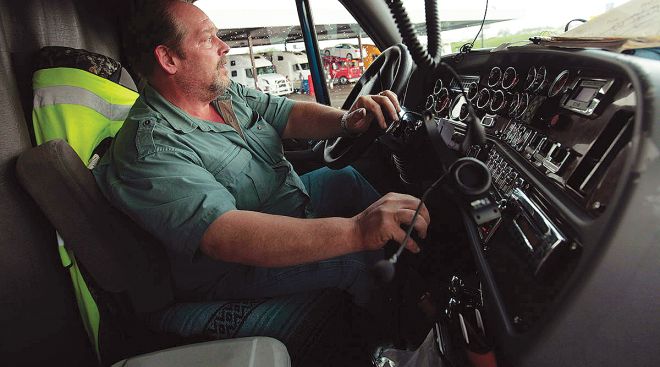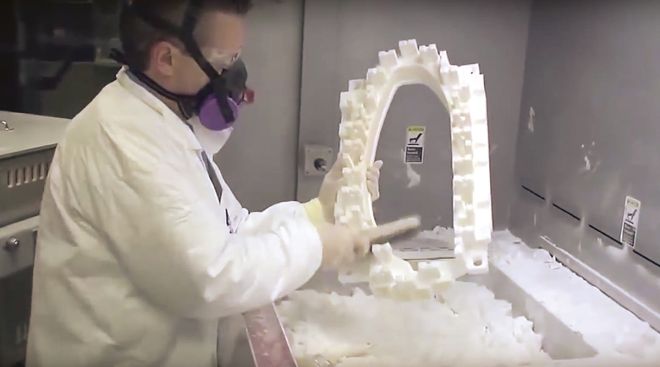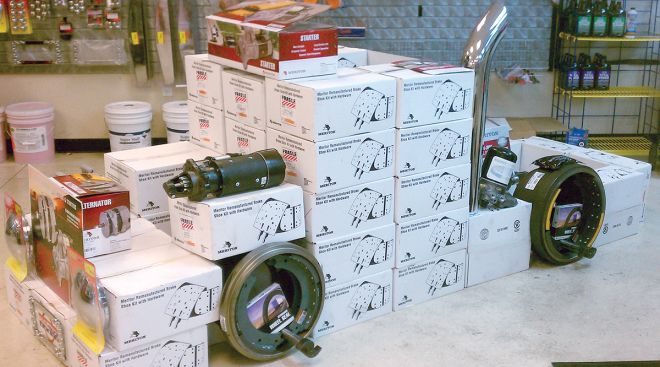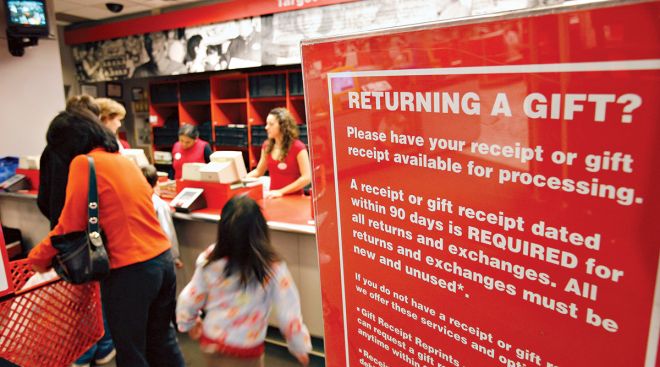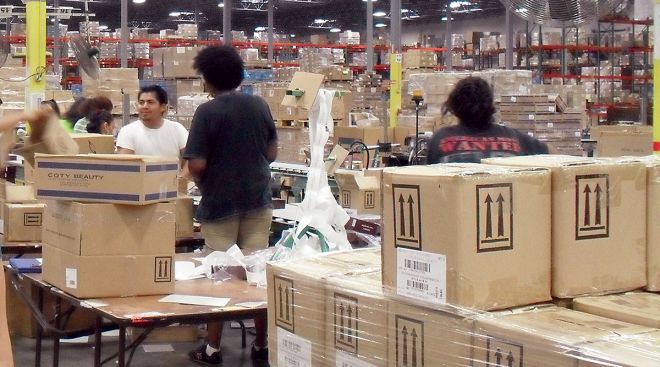FMCSA’s Ray Martinez: Industry Collaboration, Data Play Key Roles in Agency’s Work
SCOTTSDALE, Ariz. — The Federal Motor Carrier Safety Administration is focused on improving infrastructure and creating common-sense regulations, and open communication with the trucking industry enhances the government’s efforts.
Smooth Cross-Border Operations Hinge on Trade Agreement
SCOTTSDALE, Ariz. — Ratification of the United States-Mexico-Canada Agreement, which is the proposed replacement for the North American Free Trade Agreement, is critical to uninterrupted, timely border crossings, trucking executives said here during American Trucking Associations’ Mid-Year Management Meeting.
Dealers Tackle Parts Shortage
Dealerships and fleets are changing stocking patterns for replacement parts and adding inventory as they work to minimize truck downtime amid widespread shortages of some truck parts.
Some Fleets Embrace Paid Lodging for Drivers as Alternative to Sleeper Cabs
Some companies are embracing daycabs and hotel stays for drivers, rather than sleeper cabs. Benefits include safety and better sleep.
Pinpointing ETAs
With shippers and receivers demanding tighter delivery windows, trucking companies are utilizing a range of technologies to more accurately predict when drivers will arrive at destinations.
Fleets Offer Salaries, Other Pay Models to Retain Drivers Amid Labor Shortage
Cents per mile remains the dominant form of pay in the for-hire truckload sector, but its dominance is not as strong as it once was as fleets embrace alternative pay models that take cyclicality out of driver pay. Fleets that have implemented new payment methods said drivers appreciate the steady income.
Truck OEMs, Suppliers Look to Online Growth, 3D Printing
Equipment and component manufacturers in the trucking industry are looking to expand their online presence and also see potential in 3D printing, both of which could help them reach more customers, they said.
Parts Demand Is Surging
A growing economy and strong new truck sales have increased demand for aftermarket parts, creating supply challenges. Truck manufacturers and component suppliers said they’re working to alleviate pressure on the industry by expanding offerings, improving distribution channels and using predictive forecasting tools to get ahead of demand.
Retailers Turn to Logistics Providers to Help Manage Returns Process
For online retailers, one of the challenges with the reverse logistics process is knowing what to do once items are returned. Some products could be returned to a finished goods warehouse whereas defective ones could go to a location to refurbish or recycle the product.
Logistics Companies Aim to Ease Returns, Keep Costs Low Amid E-Commerce Rise
As the continued rise of e-commerce increases the number of product returns, retailers and shippers are working to ease the returns process to boost customer satisfaction. They’re doing so by turning to logistics providers for technology and services that can optimize their reverse logistics networks and keep costs low.


